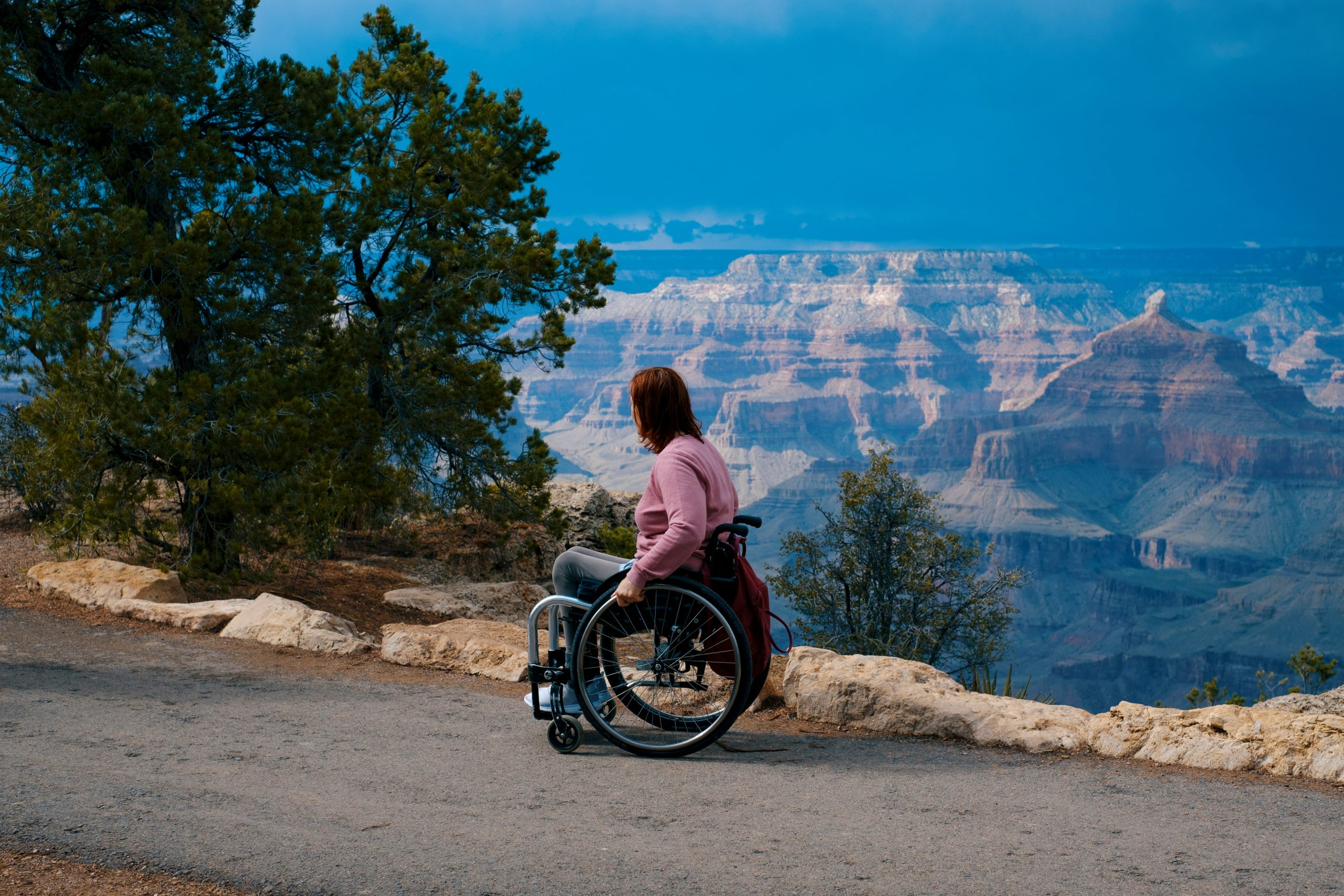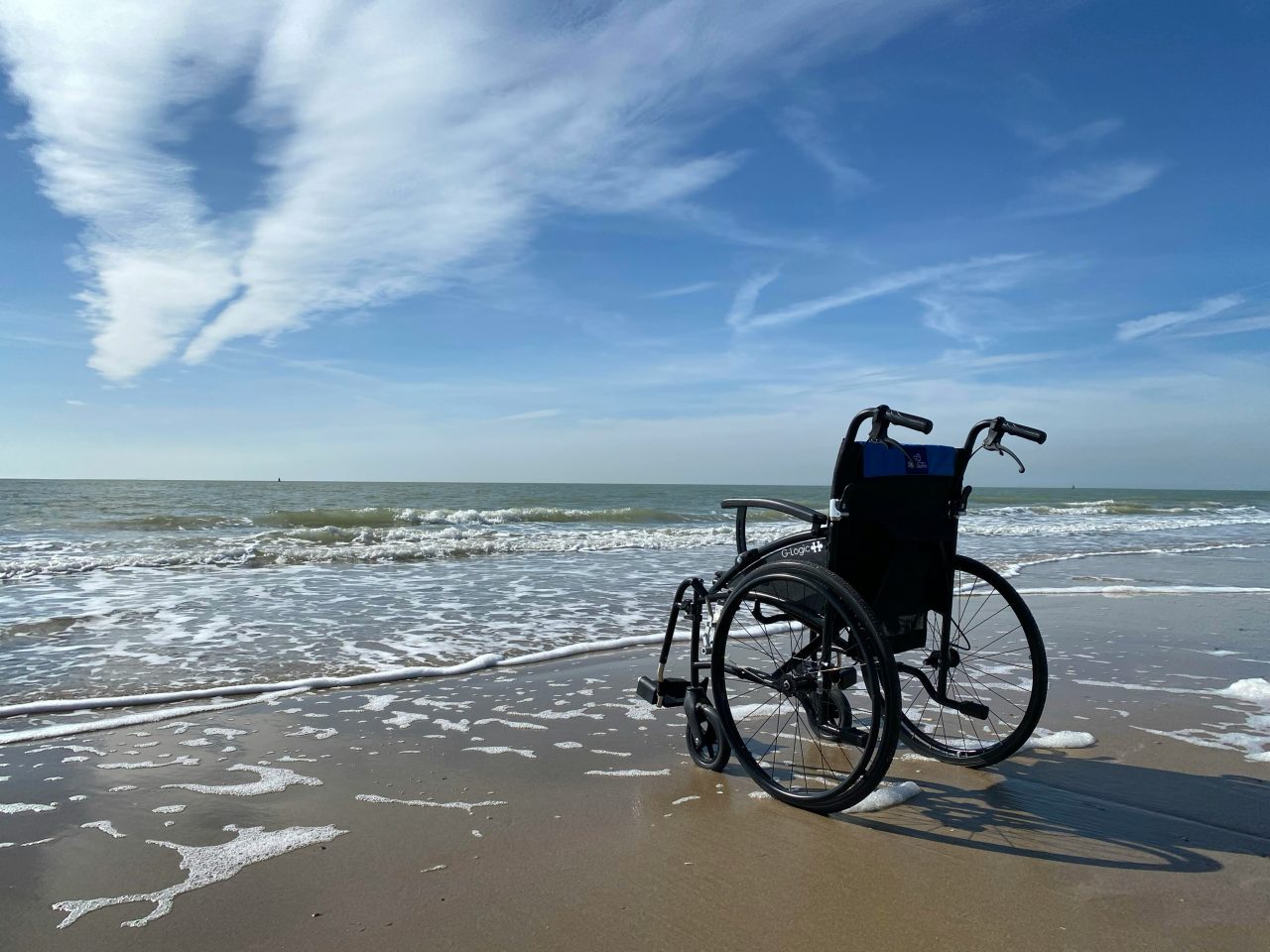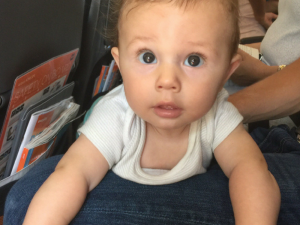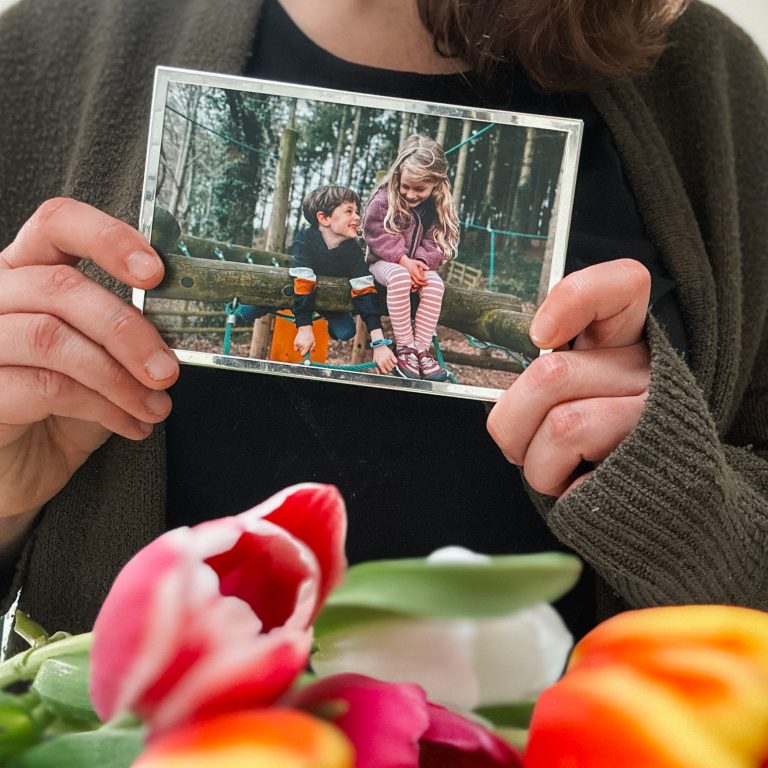Planning a family holiday when a family member uses a wheelchair requires careful consideration and preparation to ensure everyone’s comfort and enjoyment. From selecting accessible accommodations to researching wheelchair-friendly attractions, there are several essential tips to keep in mind to make your holiday a memorable and stress-free experience for everyone involved. In this comprehensive guide, we’ll explore key factors to consider when planning a wheelchair-friendly family holiday, including accommodation options, transportation, activities, and practical tips for a smooth travel experience.
Research Wheelchair – Accessible Accommodations
When planning a wheelchair-friendly family holiday, the first step is to research and book accommodations that cater to the needs of wheelchair users. Look for hotels, resorts, or vacation rentals that offer accessible rooms equipped with features such as widened doorways, roll-in showers, grab bars, and wheelchair-accessible sinks and toilets. Many accommodations also provide amenities such as ramps, elevators, and designated parking spaces for guests with disabilities.
Before making a reservation, contact the accommodation directly to confirm the availability of wheelchair-accessible rooms and discuss any specific requirements or preferences you may have. Additionally, consider reading reviews from other wheelchair users or consulting online resources that provide detailed information about accessibility features at various accommodations to avoid any nasty scams. You don’t want to be caught out.
Think About Hiring A Wheelchair – Accessible Vehicle
Transportation is a crucial aspect of planning a wheelchair-friendly family holiday, especially when exploring different destinations and attractions. Consider hiring a wheelchair-accessible vehicle for your trip to ensure convenient and comfortable transportation for all family members. Wheelchair-accessible vehicles are equipped with ramps or lifts that allow wheelchair users easy access, eliminating the need to transfer to a standard vehicle.
When hiring a wheelchair-accessible vehicle, consider factors such as the size and capacity of the vehicle, as well as any additional accessibility features that may be required, such as tie-down systems or wheelchair restraints. Research reputable mobility cars for hire providers in your destination area and book your vehicle in advance to ensure availability during your holiday. This can relieve so much stress.
Plan Wheelchair-Friendly Activities And Attractions
Research wheelchair-friendly activities and attractions that accommodate the needs of all family members, including wheelchair users. Many popular tourist destinations offer accessible facilities and attractions, such as museums, theme parks, and outdoor recreational areas. Look for attractions that provide wheelchair-accessible pathways, ramps, and facilities, as well as accessible seating and viewing areas for shows and events.
Before visiting a specific attraction, check their website or contact them directly to inquire about accessibility features and any additional accommodations that may be available for wheelchair users. Some attractions may offer priority access or special arrangements for visitors with disabilities, so be sure to inquire about these options when planning your itinerary.

Pack Essential Accessibility Equipment
When packing for your wheelchair-friendly family holiday, be sure to include essential accessibility equipment that will enhance the comfort and convenience of the trip. Consider bringing items such as a portable ramp to facilitate access to buildings or vehicles, a lightweight wheelchair or mobility scooter for exploring various destinations, and any assistive devices or accessories that may be required for personal comfort and mobility.
Additionally, pack essential medical supplies and medications, as well as copies of medical records and emergency contact information in case of unexpected health issues or emergencies during your holiday. It’s also a good idea to carry a travel insurance policy that covers medical emergencies and trip cancellations, ensuring peace of mind throughout your journey.
Seek Assistance And Support
Finally, don’t hesitate to seek assistance and support from travel professionals, accessibility organisations, and other resources specialising in wheelchair-friendly travel. Many travel agencies and tour operators offer accessible holiday packages and specialised services for travellers with disabilities, including wheelchair users. These professionals can provide valuable assistance with itinerary planning, accommodation bookings, transportation arrangements, and accessibility information for your chosen destination.
Explore Wheelchair-Friendly Destinations
When selecting a destination for your family holiday, consider destinations that are known for their accessibility and wheelchair-friendly amenities. Cities with well-developed accessibility infrastructure and accommodations, such as accessible public transportation, wheelchair-friendly attractions, and barrier-free pedestrian areas, can offer a more inclusive and enjoyable travel experience for wheelchair users and their families. Research wheelchair-friendly destinations and explore options that cater to your family’s interests and preferences.
Arrange Assistance At Airports And Train Stations
Travelling by air or train can present unique challenges for wheelchair users. Still, many airports and train stations offer assistance services to help passengers with disabilities navigate through terminals and boarding procedures. Contact your airline or train operator in advance to arrange wheelchair assistance and inform them of any specific needs or preferences you may have. Airport and train station staff can assist with check-in, security screening, boarding, and disembarkation, ensuring a smooth and stress-free travel experience for you and your family.
Plan For Rest And Recovery
Travelling, especially for individuals with mobility challenges, can be physically demanding. It’s essential to plan for rest and recovery periods throughout your holiday to avoid fatigue and ensure everyone’s well-being. Schedule downtime between activities to relax and recharge and consider incorporating restorative activities such as leisurely walks in scenic parks or gardens, gentle stretching exercises, or spa treatments into your itinerary. By prioritising rest and recovery, you can maintain energy levels and fully enjoy your wheelchair-friendly family holiday.









No Comments